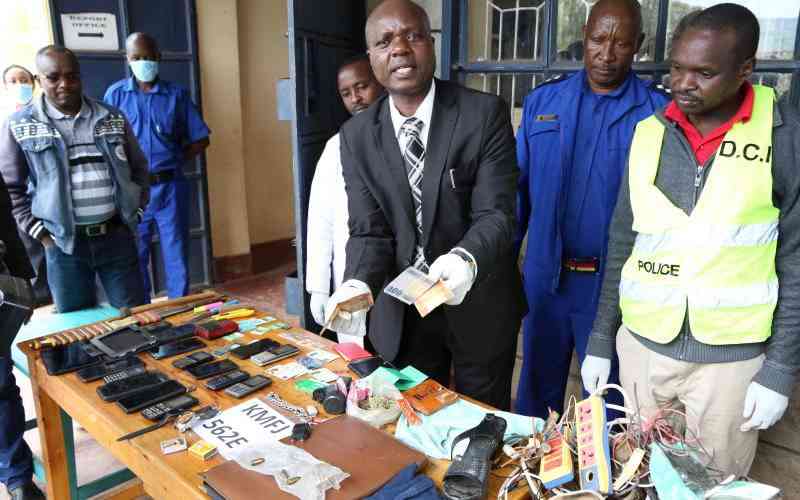×
The Standard e-Paper
Stay Informed, Even Offline

Despite last year's peaceful transition of power, Kenya's future remains threatened by organised criminal gangs, a new policy paper has warned
It says unless authorities implement a raft of measures, including establishing a special tribunal to investigate and punish electoral violence, gangs and ethnic militias will continue causing havoc to democracy. This is because individuals seeking political seats will increasingly turn violence into one of the tools that determine the course of politics in the country.